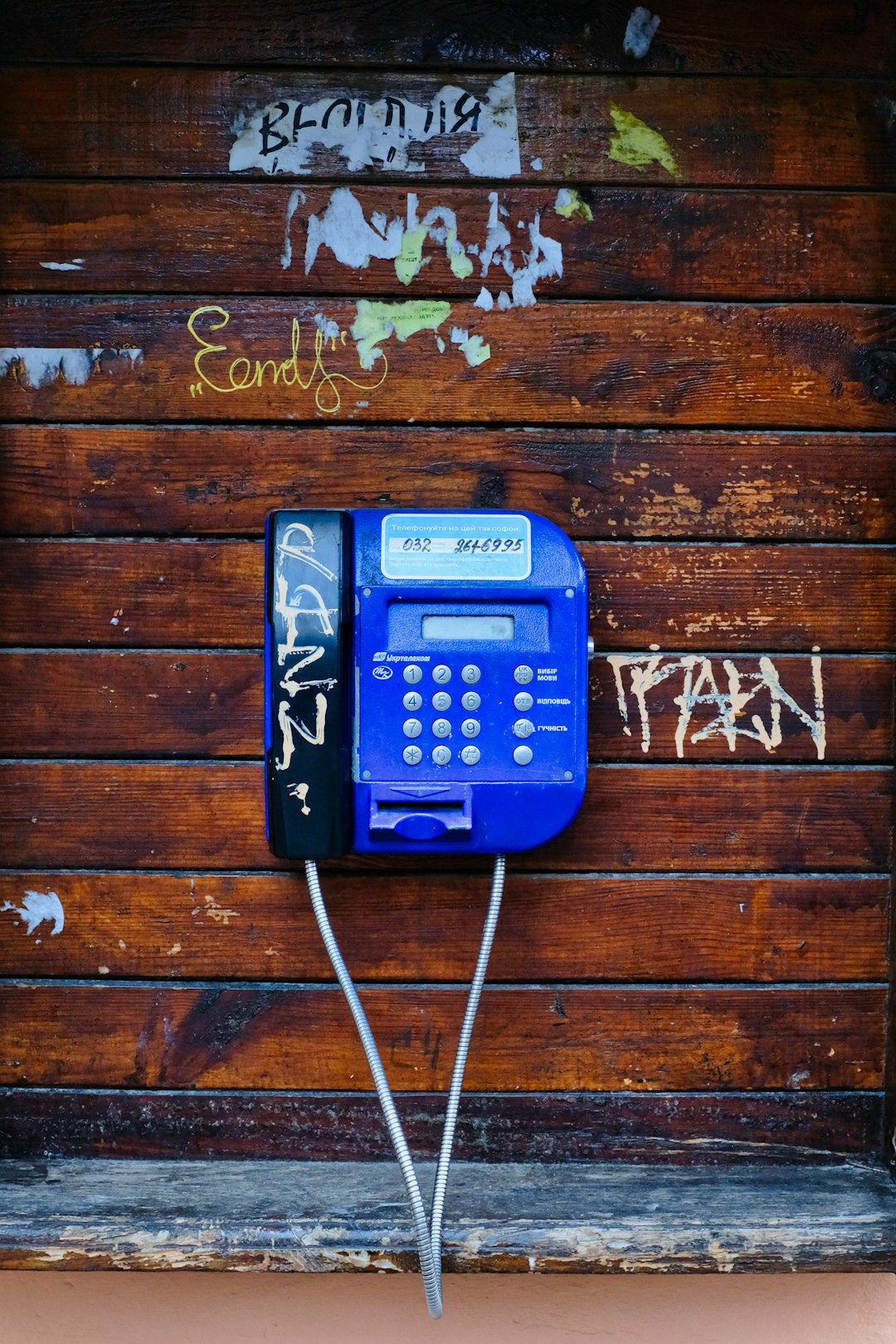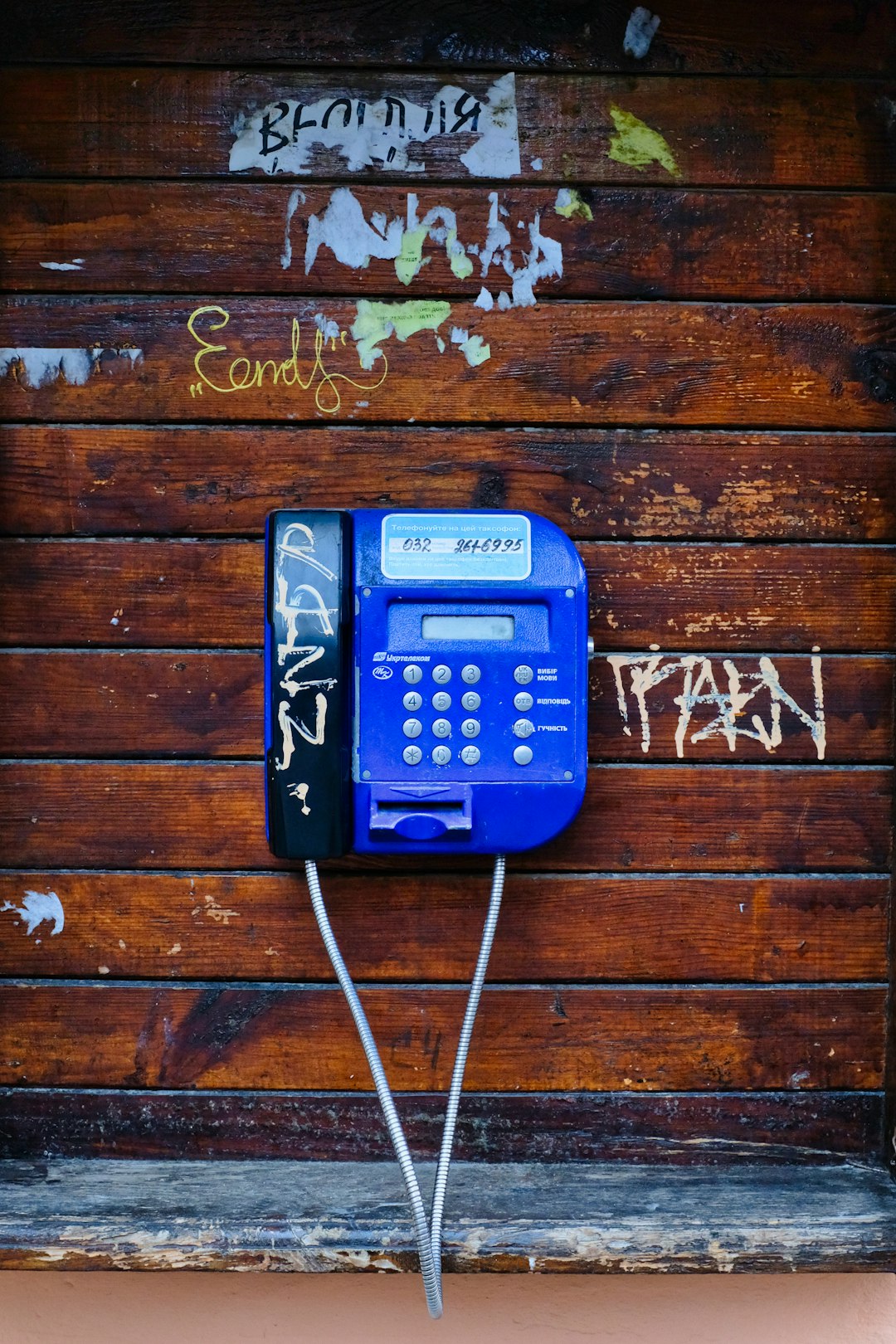In Ohio, political calls face unique regulations prioritizing transparency and respect for residents' privacy. The state's Do Not Call Registry empowers individuals to opt-out of certain calls, including political ones, but political organizations are often exempt. Columbus residents can reduce marketing calls by registering via the FTC website. For harassing or unwanted political calls, consulting an unwanted call lawyer in Ohio is advised, as they specialize in Telephone Consumer Protection Law (TCPA) and can navigate FCC complaints or litigation to protect privacy rights.
In Columbus, political calls can be a constant nuisance, but understanding your rights is crucial. This article guides you through the complexities of political phone calls and the Do Not Call Registry specific to Ohio. We explore your legal options if unwanted political calls persist, emphasizing the importance of knowing when to consult an Unwanted Call Lawyer in Ohio for effective resolution. By delving into these aspects, residents can assert their privacy rights and navigate the regulatory landscape.
Understanding Political Calls and the Do Not Call Registry in Ohio

In Ohio, political calls are subject to unique regulations compared to typical telemarketing or sales calls. These rules are in place to ensure transparency and respect for residents’ privacy, especially regarding unwanted calls. The Do Not Call Registry in Ohio allows individuals to opt-out of receiving certain types of calls, including those from political organizations. This registry is a significant tool for citizens who wish to control their communication preferences, particularly when it comes to political activism or advocacy.
Understanding the boundaries between political calls and protected privacy is crucial. Unwanted call Lawyer Ohio can guide residents on how to navigate these regulations effectively. By registering on the Do Not Call Registry, Ohioans can prevent political organizations from contacting them directly. This simple step empowers citizens to manage their exposure to external communication, ensuring they receive calls that align with their interests and values.
Your Rights as a Columbus Resident: How to Register and What to Expect

As a resident of Columbus, Ohio, you have rights when it comes to political calls and telemarketing. One of the most effective ways to protect yourself from unwanted calls is by registering your number on the National Do Not Call Registry. However, even with this registry, political organizations are exempt from certain restrictions.
To register for the Do Not Call Registry, visit the Federal Trade Commission (FTC) website and follow the instructions. Once registered, you can expect a significant reduction in marketing calls, including those from political campaigns. However, it’s important to note that political organizations can still contact you regarding political activities or issues, even if your number is on the registry. If you believe you’ve been subjected to unwanted or harassing calls from political entities or need guidance on dealing with such situations, consulting an experienced unwanted call lawyer in Ohio could be beneficial for understanding and enforcing your rights.
When Unwanted Political Calls Become Legal Action: Consulting a Lawyer

If you’ve been receiving unwanted political calls in Columbus, it’s important to know your rights and options. While the Do Not Call Registry is a powerful tool to limit non-essential phone solicitations, political organizations are often exempt from these restrictions. This can lead to persistent and annoying calls from political campaigns or advocacy groups.
In such cases, when unwanted political calls cross the line into harassment or intrusion on your privacy, consulting a lawyer specializing in telephone consumer protection law (TCPA) might be necessary. An Ohio-based attorney with expertise in this area can help you understand your legal options and take appropriate action against violators. They can guide you through the process of filing a complaint with the Federal Communications Commission (FCC) or pursuing litigation if the calls constitute a violation of your rights under the TCPA.






